Science is all around us – in the air we breathe, the food we eat, and even the way our bodies work. This 30-question science quiz covers all kinds of general science facts. It includes chemistry, physics, biology, and even the Earth itself! It’s here to test how well you remember the basics.
If you haven’t taken Part 1 of this quiz yet, definitely check that one out too! 🧪
Ready to put your science smarts to the test? Let’s go!🧑🔬
🚀 💡 Want more or looking for something else? Head over to the Brainy Center and explore our full collection of quizzes and trivia designed to test your knowledge, reveal hidden insights, and spark your curiosity.💡 🚀
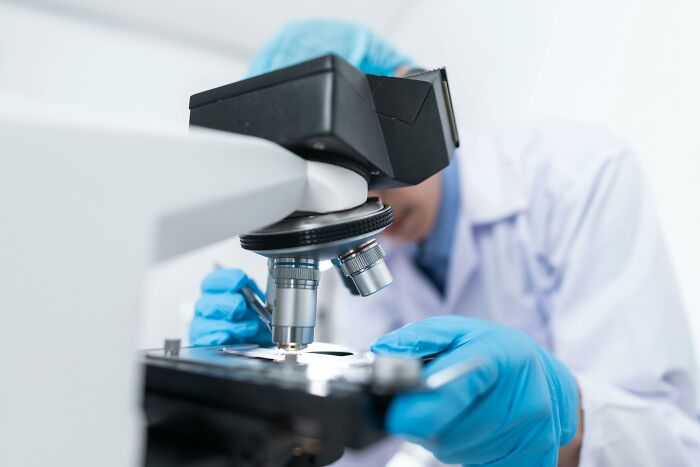
Image credits: Chokniti Khongchum
Newest Trivia & Quizzes for YouDiscover trivia, brain teasers, and quirky quizzes — fresh every week!Subscribe
We value your inbox – it’s free and you can unsubscribe anytime with one click.
Trivia • 30 General Science Knowledge Questions

1. What is the boiling point of water in Celsius?
90°C
100°C
110°C
120°C
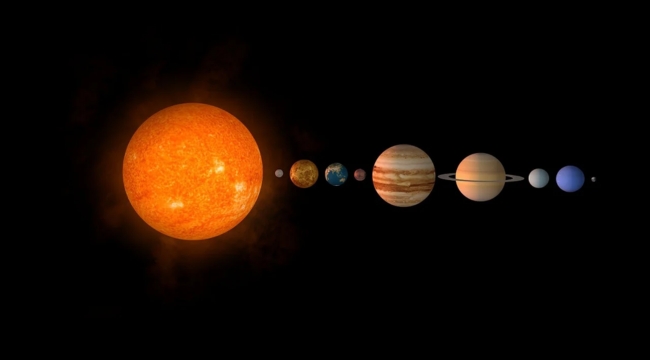
2. Which planet is known for its prominent rings?
Mars
Jupiter
Saturn
Neptune

3. True or false: Sound can travel through a vacuum.
True
False
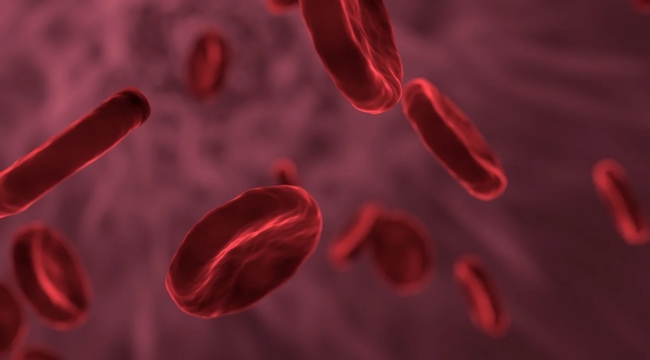
4. What is the main function of red blood cells?
Carry oxygen
Fight infections
Clot blood
Produce insulin
ADVERTISEMENT
ADVERTISEMENT
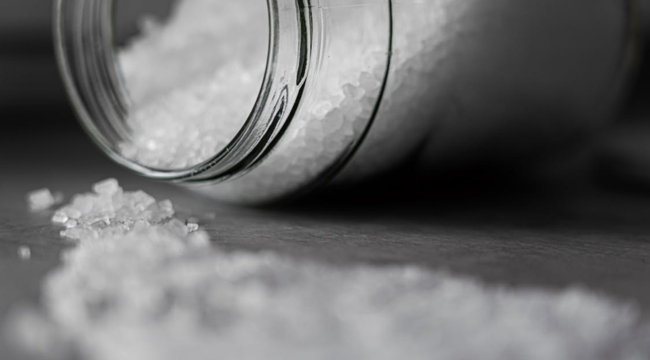
5. What’s the chemical formula for table salt?
KCl
CaCO₃
NaCl
HCl
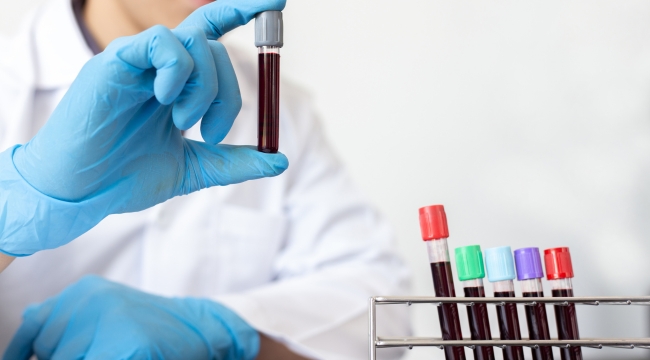
6. Which organ helps filter waste from the blood?
Heart
Liver
Lung
Kidney

7. Which gas do humans need to breathe to survive?
Hydrogen
Carbon dioxide
Oxygen
Nitrogen
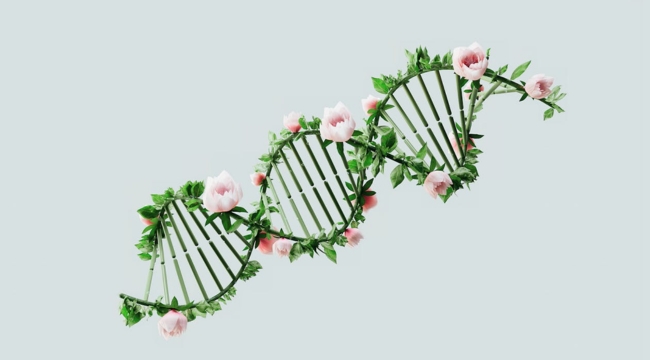
8. True or false: DNA is found only in animals.
True
False
ADVERTISEMENT
ADVERTISEMENT
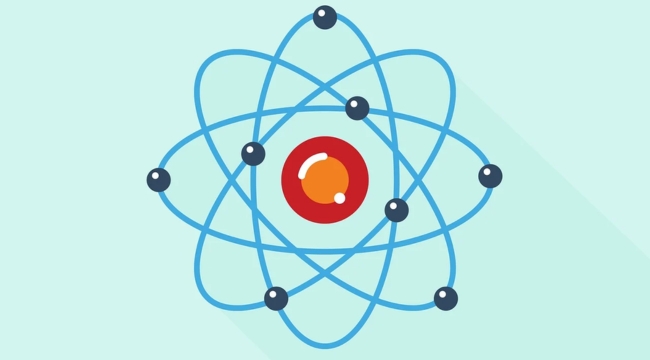
9. What is the center of an atom called?
Nucleus
Electron
Proton
Neutron
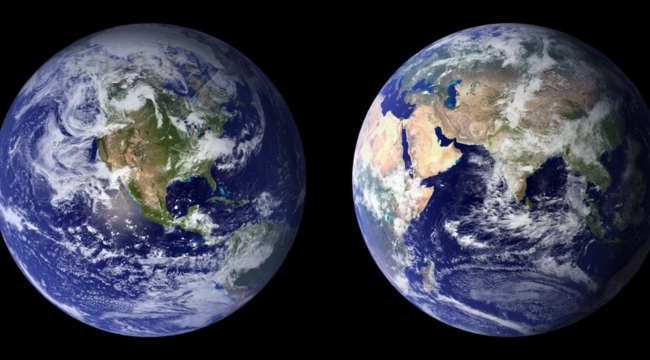
10. Which planet is often called Earth’s “twin”?
Mercury
Mars
Venus
Neptune
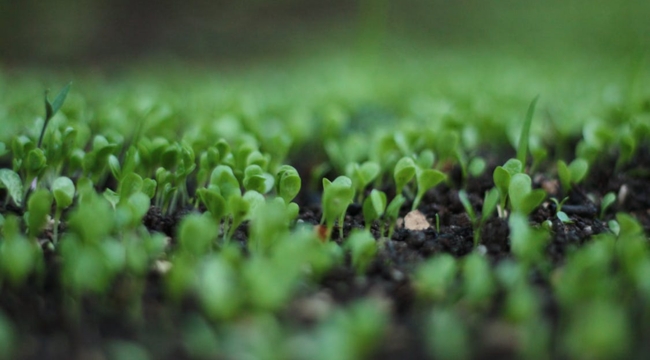
11. What part of the plant absorbs water and minerals from the soil?
Root
Stem
Leaf
Flower

12. Which unit is used to measure electric current?
Volt
Watt
Ohm
Ampere
ADVERTISEMENT
ADVERTISEMENT

13. Which body part helps us maintain our balance?
Inner ear
Heart
Lungs
Nose

14. Which force pulls objects toward the Earth?
Friction
Inertia
Gravity
Magnetism

15. What is the process of water changing from a liquid to a gas called?
Condensation
Evaporation
Melting
Freezing
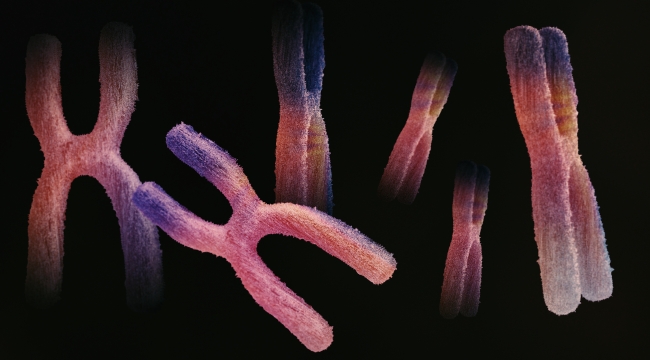
16. How many chromosomes does a typical human cell have?
23
36
46
56
ADVERTISEMENT
ADVERTISEMENT
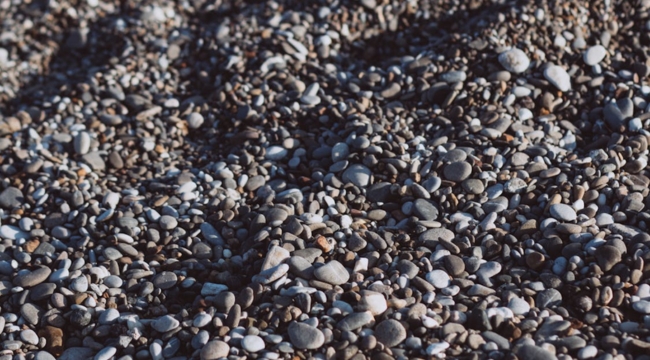
17. True or false: Geologists study rocks and minerals.
True
False
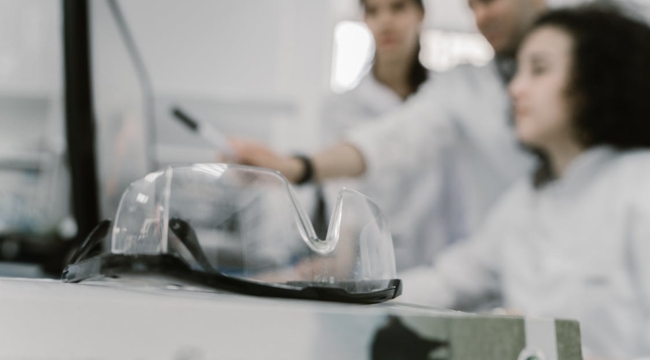
18. What tool do scientists use to look at very small objects like cells?
Microscope
Telescope
Magnifying glass
Scanner

19. What is the green pigment in plants that helps them photosynthesize?
Chlorine
Cytoplasm
Glucose
Chlorophyll
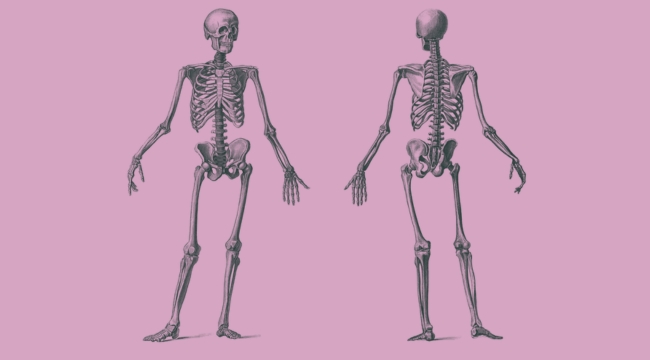
20. Which body part contains the smallest bones in the human body?
Hand
Foot
Ear
Nose
ADVERTISEMENT
ADVERTISEMENT
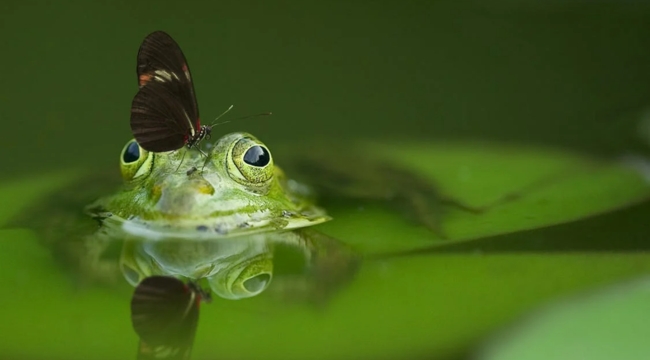
21. What is the term for animals that live both in water and on land?
Amphibians
Mammals
Reptiles
Invertebrates

22. True or false: The element used in pencils is graphite.
True
False
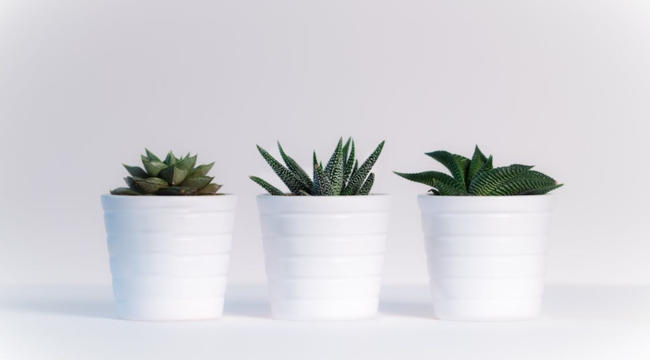
23. What is the term for an organism that makes its own food?
Consumer
Parasite
Producer
Predator
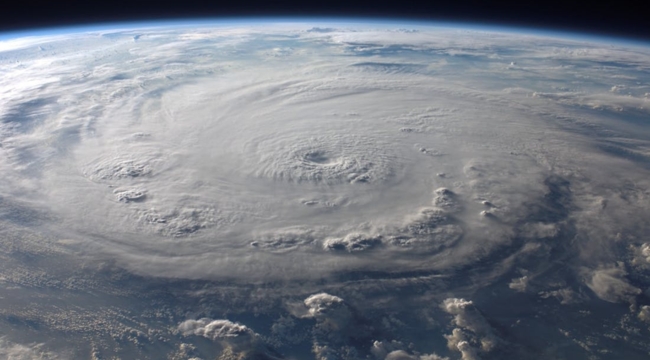
24. What is the primary gas found in Earth’s atmosphere?
Oxygen
Carbon dioxide
Hydrogen
Nitrogen
ADVERTISEMENT
ADVERTISEMENT
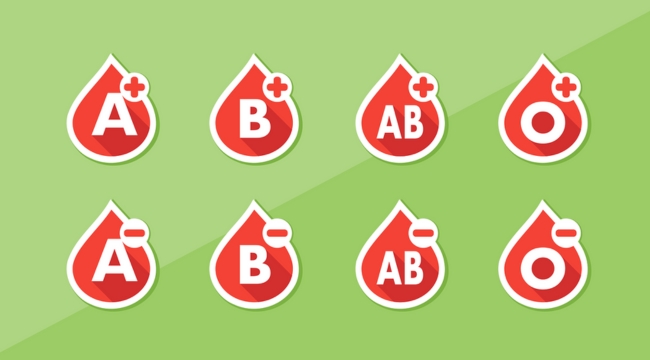
25. What is the most common blood type in humans?
O+
A
B
AB
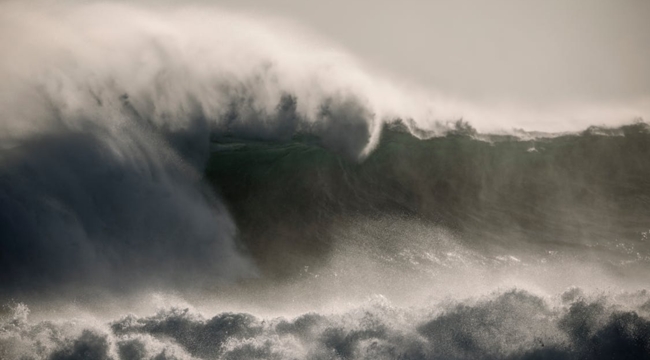
26. What is a tsunami most often caused by?
Hurricanes
Underwater earthquakes
Tides
Heavy rainfall
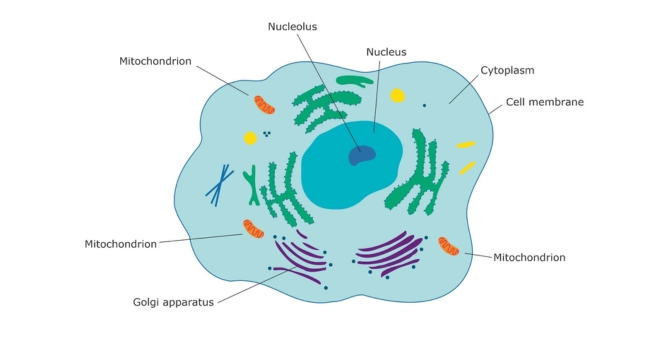
27. True or false: A cell is the basic unit of life.
True
False
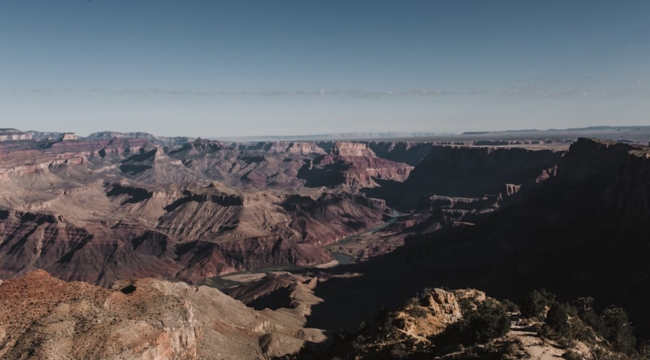
28. Which layer of the Earth do we live on?
Crust
Core
Mantle
Inner core

29. Which sense is most closely tied to memory?
Sight
Taste
Touch
Smell
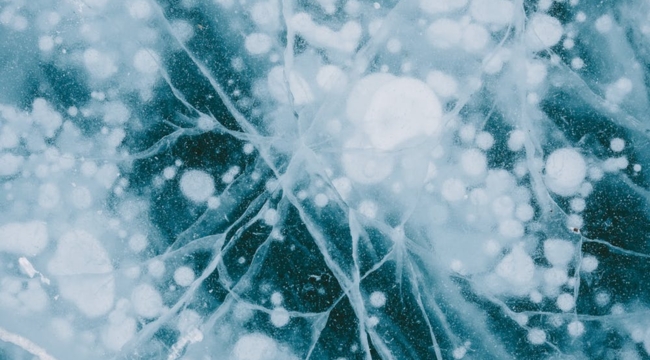

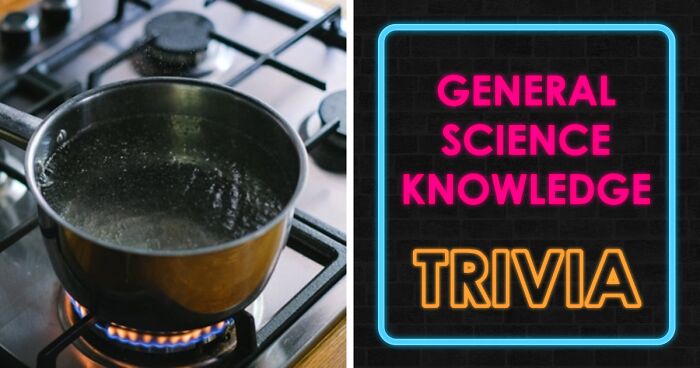

0 Comments